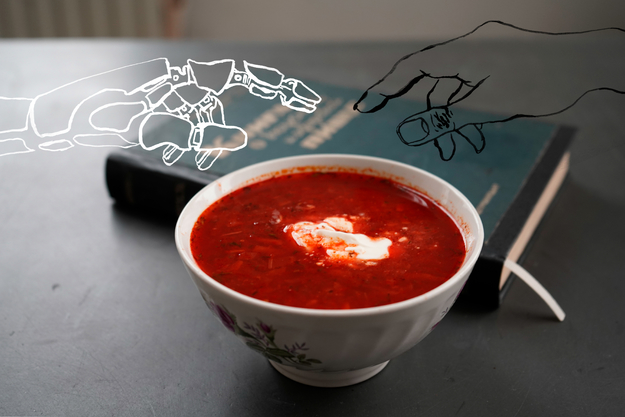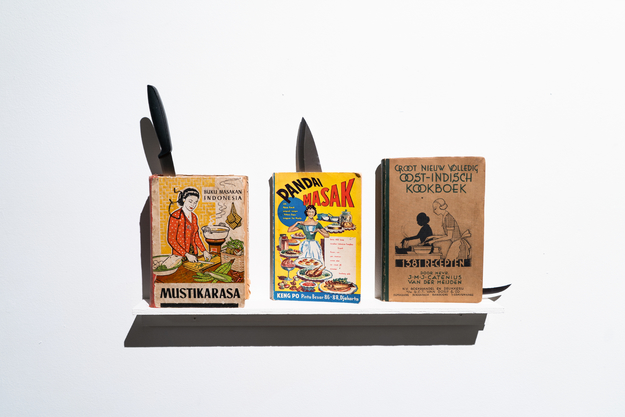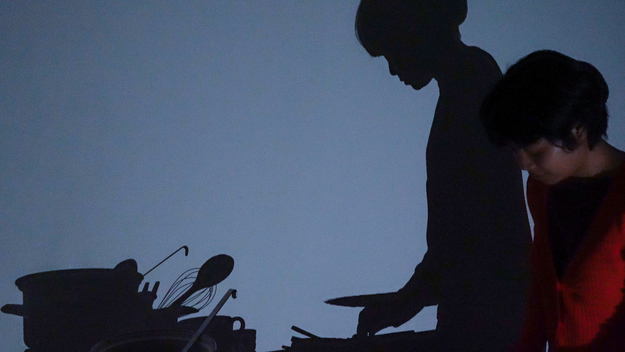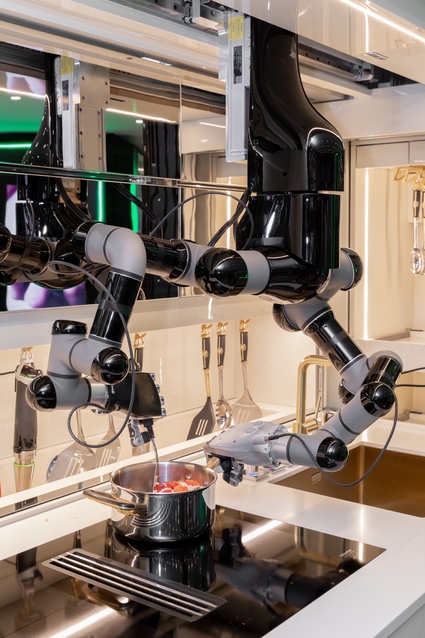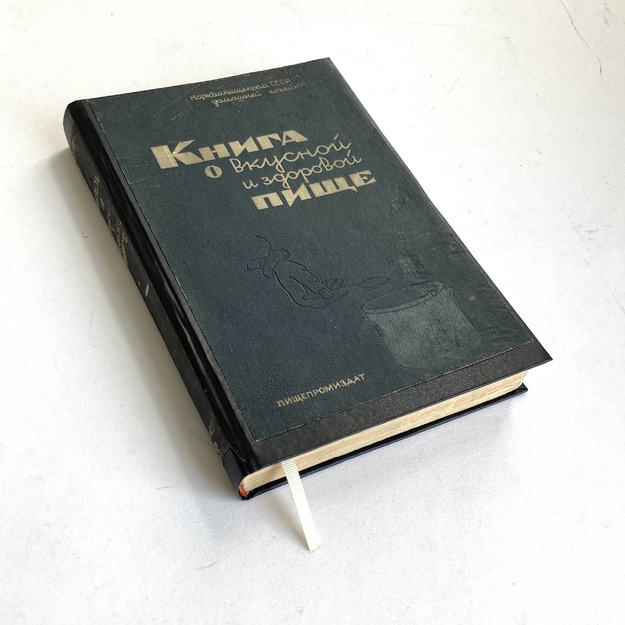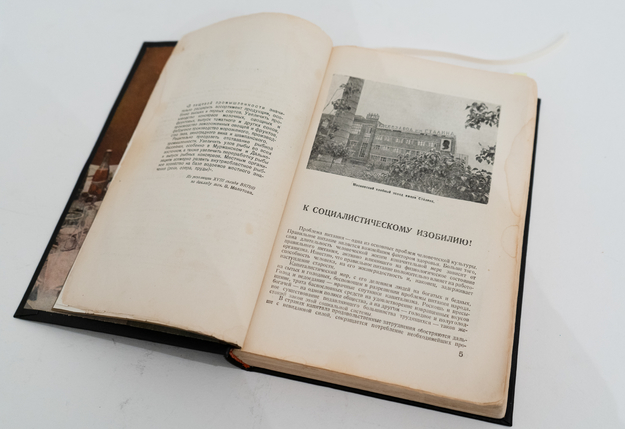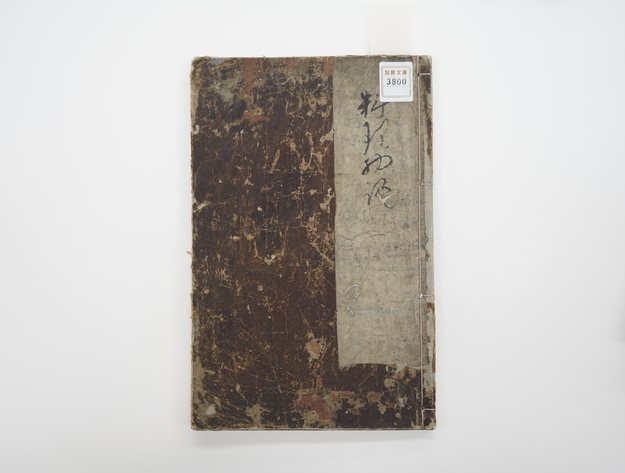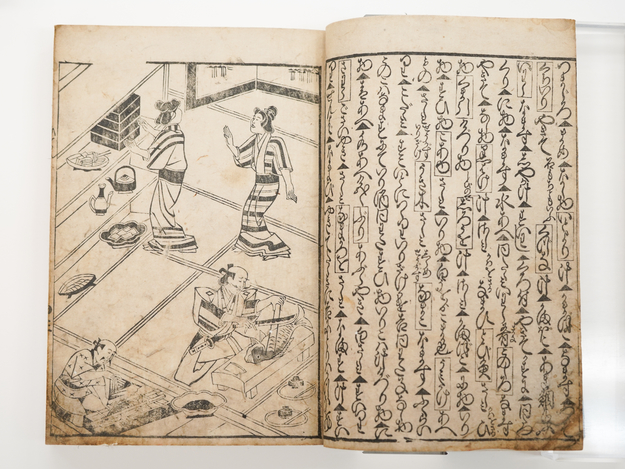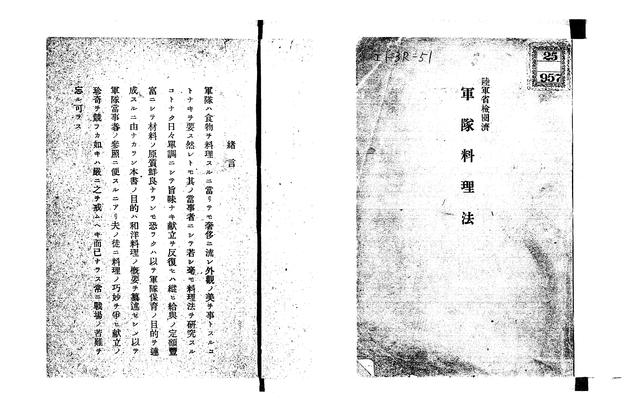Project Description
My latest project: ‘Book and Knife’ is based on three Indonesian and Dutch cookbooks published between 1902 and 1967. The work depicts food culture, politics, feminism, and how they are interrelated.
I’m continuing the research and expanding my cookbook project. As following the history of cookbooks reveals us colonial and female histories and the relationships between food and politics, not only food cultures. I found the oldest Japanese cookbook, written in 1643 and the army cookbooks which were written by the Japanese government for the Japanese soldiers in 1910 and 1928. The recipes in the books are from Western and Chinese influence. At that time, those recipes were considered oily and nutritious and good for creating a strong body. I’m also researching a cookbook written in the Soviet era, particularly an official Soviet cookbook: ‘The Book of Tasty and Healthy Food (Книга о вкусной и здоровой пище)’. It was considered as a totalitarian kitchen bible. Shared by one sixth of the world's population, the 15 Republics and over 100 ethnicities of the USSR, it ran through a dozen editions with more than 8 million copies in print (and still selling).
*The first edition of this cookbook, written by the Soviet government in 1939, was found in a Russian online store. Someone courageous has traveled with it and through Helsinki, it has finally arrived in Amsterdam in the middle of October!
At the same time, I’m interested in Robotic Arms and researching about them. The world’s first Robot Chef came out last year. London-based Robotics company Moley will begin selling the first Robot Chef. The company claims the ceiling-mounted device, called the Moley Robotics Kitchen, will be able to cook over 5,000 recipes and even clean up after itself when it’s done. I’m going to work with Robotic Arms which are genderless and have no specific skin colour. I will install the old recipes on the Robotic Arms, collaborating with the company. Through books; the medium that transcends time and records knowledge, I’d like to do a visual investigation on causal dependance between culture and violence, relationships between politics, homes and new technologies, as well as feminism. Through working on these books that I chose, I'd carefully examine the current war and their own cultural backgrounds, I will search for alternative perspectives with Robotic Arms as new storytellers. I'm also thinking of organizing a cooking workshop of old recipes with people from different cultural backgrounds.
Cookbooks have always been written for housewives, and regarded as textbooks filled with knowledge that housewives should learn about how to run a family. The Soviet book and the two Japanese cookbooks: the oldest and for the military have something in common with Robot Arm. There is hardly any awareness of female readers; or shall I say, they’re not particularly aimed for women. They could have targeted the Soviet book for female readers, considering the background of the Soviet era at that time. However, the book is filled with the socialist slogans, focused on conveying the messages of Mikoyan and Stalin. In those days, restaurants in the Soviet Union were forbidden to prepare and serve dishes other than the recipes of the Soviet book.
Also, it is very interesting that the title of the oldest Japanese cookbook is called ‘Cooking Stories’. The book has no chapters such as for essays, and the recipes are solely written in a matter-of-fact tone. Calling the recipe as ‘Stories’ has a link to this project. Researching through multiple cookbooks written in different places at different times, I’d like to create a video installation that weaves stories in my own way.
Personal introduction
Born in Kanagawa, Japan, Miku Sato received her Bachelor in Painting from Musashino Art University, Tokyo in 2009, and completed her Master of Film and New Media Studies from Tokyo University of the Arts in 2019. After she has came to the Netherlands as a fellowship of the Japanese Government Overseas Study Program for Artists since October 2019, she currently works in Amsterdam and Yokohama/Tokyo. Her art practice is based on the fieldwork of specific places, where she starts up a project, delegating her intention with the local people that she selects. Through video, installation and peopleʼs participatory action, her quest is to develop a new way of composing storytelling, taking a different approach from journalism. The recent video works are focused on the subject of women, who lived during war.
Collaborator and Colleague
-Moley Robotics (Robotic Arms)
-Tatiana Kolganova (Translation)
-Mayumi Nakazaki (Translation)
-Irina Leifer (Assist to get the book)
-Yuri Sato (Co-camera operator)
and so on...
Estimated Costs (provisional)
Travel cost of research and filming in the UK: 1,000
Production cost to create installation: 1,200
Purchase cost of the cookbooks and references: 800
Translation cost for reading cookbooks and the subtitle of the video: 1,000
Purchase cost of groceries (for filming): 100
Purchage cost of costume and items for filming: 200
Cost of the workshop: 200
Fee for the assistants for filming: 1,000
Fee for the performers: 1,000
Artist fee: 1,000
Total Cost 7,500 euro-.
*This project is supported by ACY Arts Commission Yokohama, partially.
This proposal is part of the 'Penny for your Thoughts' project 2022.
